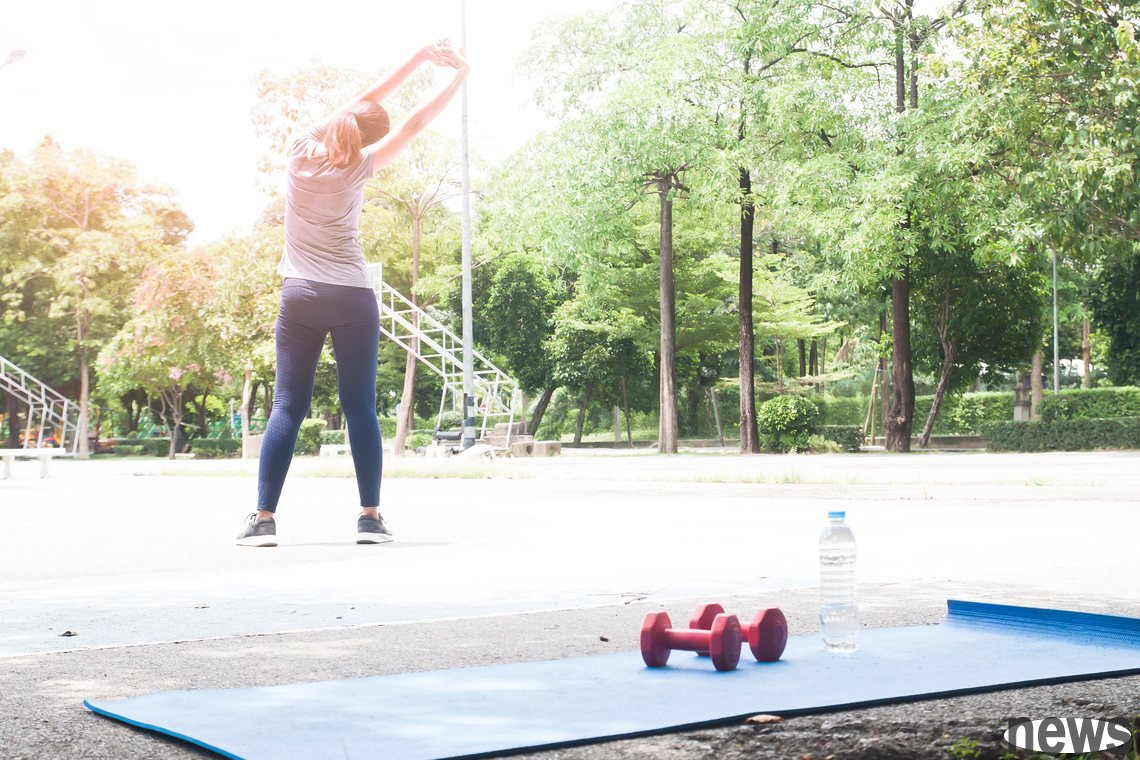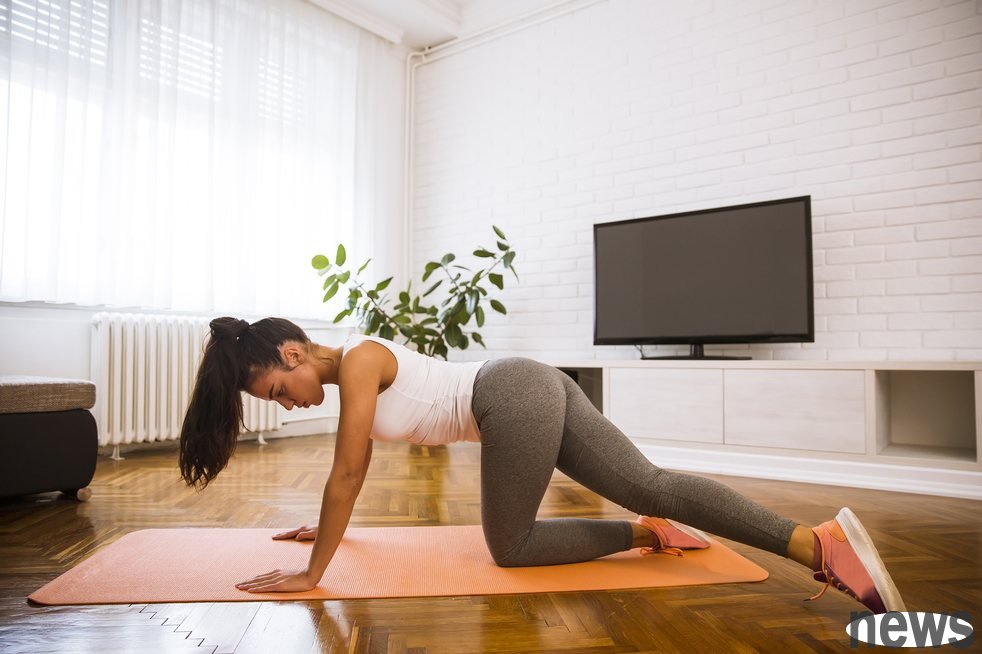
Sports has unquestionable benefits for health and longevity, but they must also be adjusted according to gender, age and physical condition. Andrew Huberman, an American neuroscientist and professor of Neurobiology at Stanford University’s School of Medicine, visited sports physiologist Stacy Sims on the Podcast program to give advice on diet and exercise for women.
Can you do aerobic exercise on an empty stomach?Experts do not recommend this, as fasting will affect the performance of sports, and will not stimulate the post-motion reaction of long hormones and testosterone, thereby reducing corticosterol. Unless you fully comply with the night-time law, it will be of little benefit to women. If you add caffeine, it will further increase the cortical alcohol, resulting in increased pressure.
For women, as they grow older, especially when they enter over 40, hormones will fluctuate more. At this time, fasting exercise will be difficult to achieve the desired strength, and cortical alcohol will be more difficult to manage.
Diet before exercisereplenish 15 grams of protein and some carbohydrates. If you want to perform aerobic exercise for an hour, take another 30 grams of carbohydrates.
Take 30-50 grams of protein in 45 minutes after exercise and 40-50 grams for menopause women. Women have a shorter recovery period than men, so they need to take proteins faster after exercise. Suggestions for sports of each age:‧20-30-year-old women
3-4 resistance training sessions per week, each time for about 45-60 minutes. If you want to increase muscle mass, each exercise must be limited. High intensity interval training (HIIT) can be added in the middle.
‧Women in the 30-40 years old
In addition to basic gravity training, more complex movements should be added, such as squats, weightlifting, sitting upwards, and pulling upwards. The combination training is combined with resistance training three times a week, and 1 to 2 short HIITs are interspersed.
‧Women over 40 years old
do not recommend aerobic and HIIT, and it is recommended to have a weekly stimulation and endurance training to reduce corticosterol as much as possible.
‧Wedding training for women over 50 years old, high-strength resistance training and sting interval training to increase bone density and strength. A 10-minute jump training three times a week can effectively improve bone health.

avoid cold within 8 hours after the exercise, and a sauna can be held. To women, promoting credit health can better control blood sugar, protein reorganization, improve cardiovascular, and also benefit the kidney tract to produce more serotonin. For women who are in menopause, saunas are also helpful in controlling body temperature and improving the symptoms of hot and sweating. But be aware that it is not recommended to have a high temperature sauna for pregnant women.
The impact of menstrual period on sports1. High intensity exercise will not cause the monthly cycle to be disordered. If there is an impact, it may be caused by insufficient nutrient intake after sports.
2. Affected by estrogen, the appetite decreases during the period, and the appetite increases after ovulation to before the month.
3. From the first day to the middle of the month, both the catalmones and corticosterol are lower, and the strength of the movement is easier to recommend and have effect at this time.
4. After the period of menstruation, the corticosterol increases and the pressure increases. You can eat more protein and carbohydrates to help post-exercise repair.
5. If the iron is short during the period, the iron can be replenished every other day starting from the first day for 10 days.
6. As much as possible, avoid taking contraceptive drugs. Oral contraceptive drugs will reduce oxygenlessness and maximum care. Other contraceptive methods can be used when necessary.